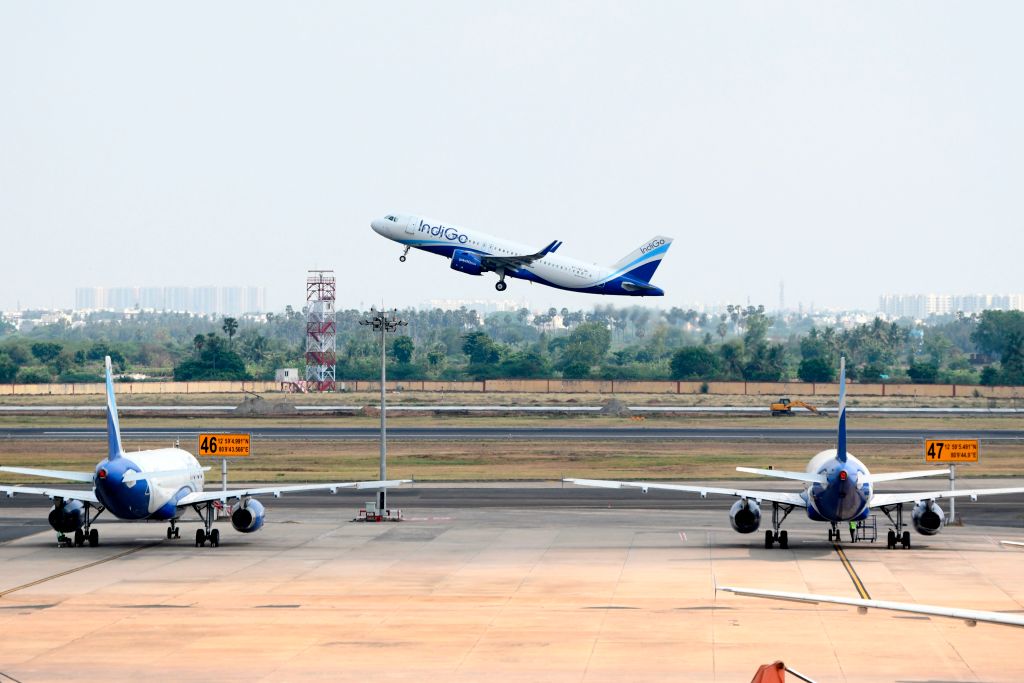- Friday, April 25, 2025
Indian carriers flying from northern parts of the country to the Gulf countries, North America and Europe use the Pakistani airspace for transit

By: India Weekly
INDIGO is feeling the pinch after Pakistan decided to close its airspace for Indian carriers, in retaliation for India’s punitive measures after Tuesday’s terror attack in Pahalgam in Kashmir.
Indian carriers flying from northern parts of the country to the Gulf countries, North America (USA & Canada) and Europe use the Pakistani airspace for transit.
The country’ largest airline has said it will temporarily cancel flights to Almaty and Tashkent due to aircraft operational range constraints.
The airspace closure has affected Indigo’s international operations as flights to the West, including Europe and the US, will now take longer duration.
As a result, it won’t be able to operate its narrow-body planes as these aircraft cannot fly non-stop for long durations.
IndiGo currently operates Airbus narrow-body aircraft to Almaty and Tashkent.
The airline said that in around 50 international routes the flight durations would increase and there may be some slight schedule adjustments.
“With the same restrictions and limited rerouting options, unfortunately Almaty and Tashkent are outside the operational range of IndiGo’s current fleet,” it said in a statement.
Flights to Almaty stand cancelled from April 27 until at least May 7 and to Tashkent from April 28 until May 7.
“We regret the inconvenience caused to our customers and assure them that we’re looking at all options to minimize disruptions,” the statement said.
After the closure of airspace, India-registered aircraft as well as planes owned or leased by Indian operators cannot use the route.
IndiGo’s rival Air India has also expressed concern over extended flight times and diversions.
The Tata-owned airline operates 134 weekly departures to Europe and North America from Delhi, and it will be adversely affected by Pakistan’s airspace closure.
Pakistan had earlier closed its airspace for Indian flights from February 27, 2019, to July 16, 2019, after the Balakot air strikes.